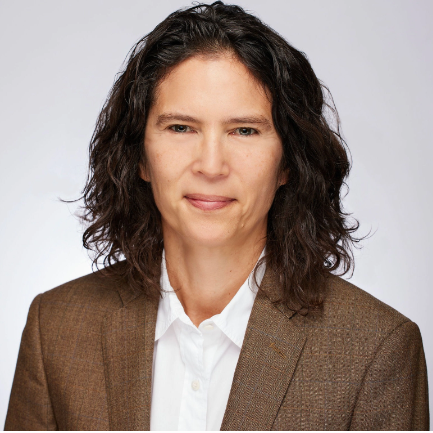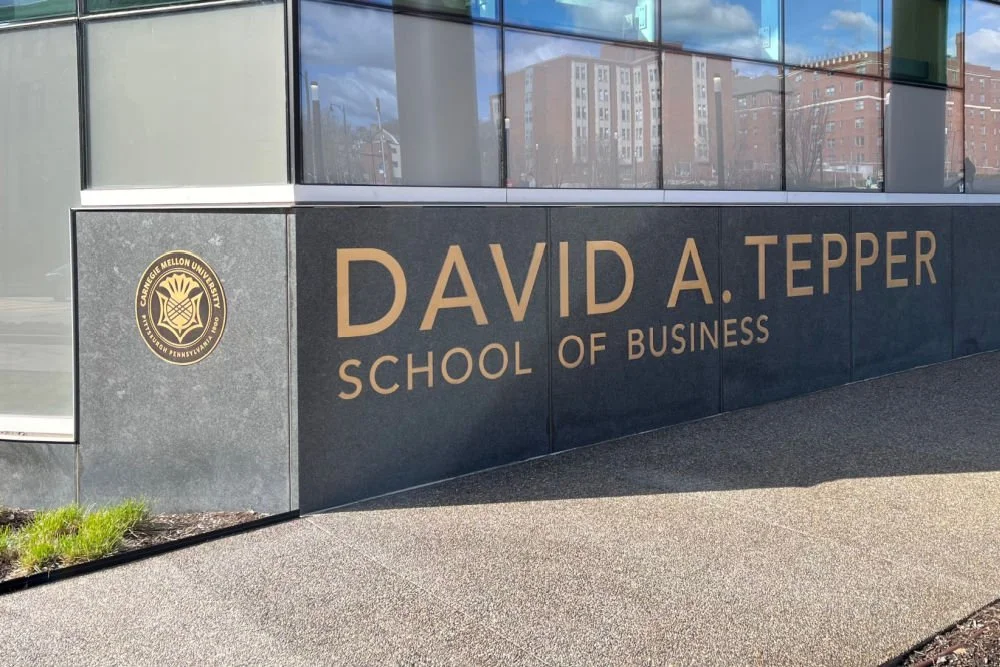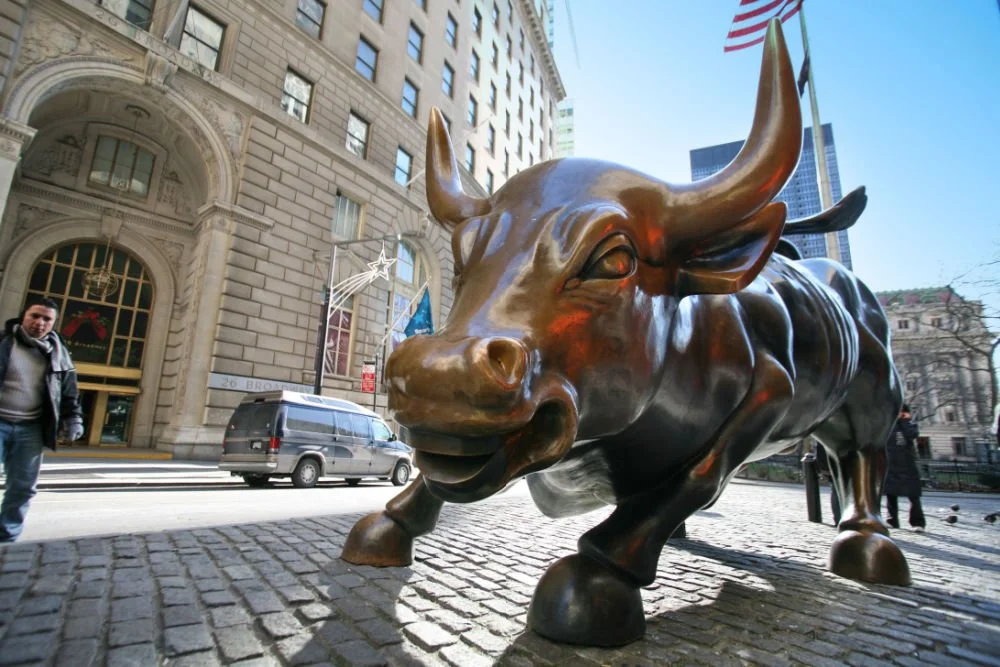Equitable Revitalization: Who's Helping Detroit's Entrepreneurs of Color?
/Photo: MB Images/shutterstock
In struggling cities, there’s little hope for revitalization without ready access to financial capital. Lenders must be willing to look beyond shuttered storefronts and depopulated neighborhoods to see where the seed of economic vitality still exists, and to nurture it. That’s not always an easy prospect. But as the rapid growth of Detroit’s Entrepreneurs of Color Fund demonstrates, this is an area where many different kinds of funders—foundations, corporations, and others besides—can find common ground.
In our philanthropy forecast for 2018, we anticipated that despite recent moves from funders like Ford and Kresge, impact investing won’t necessarily have a banner year among foundations. But given the nature of their business and the recent thrust of their giving, banks may be an exception to that trend.
For the Entrepreneurs of Color Fund, the story goes back to 2014. In May of that year, JPMorgan Chase announced a five-year, $100 million philanthropic commitment to Detroit, part of the bank’s long-term plan to increase the impact of its giving. Community organizations and nonprofits benefited from this largesse, but so did small businesses and affordable housing developers.
The following year, the bank partnered with the W. K. Kellogg Foundation and the Detroit Development Fund (DDF), a local community development financial institution (CDFI), to create the Entrepreneurs of Color Fund. The aim was simple: encourage equitable revival in Detroit by giving businesses “owned by entrepreneurs of color and businesses that primarily hire people of color” loans of around $50,000 to $200,000. Kellogg and JPMorgan Chase initially provided $3.5 million each, with the Detroit Development Fund overseeing things. According to DDF, Entrepreneurs of Color has lent or approved $4.5 million to over 43 small businesses.
Late last year, DDF announced new and sustained funder support for Entrepreneurs of Color, amounting to a remarkable tripling of its size to $18 million. While JPMorgan Chase and Kellogg both pledged $2 million each, newcomers included the Ralph C. Wilson Jr. Foundation, Fifth Third Bank, and the Kresge Foundation. According to Kellogg, the two initial funders are “actively recruiting new funders to significantly increase the size of the fund.”
It’s a good sign that foundations and financiers with significant interests in the region see promise in Entrepreneurs of Color. But while all of this might sound uncontroversial—indeed, a great way to bring corporations and foundations together—it’s not easy to pull off effectively. Revitalization barons like Quicken Loans’ Dan Gilbert might be able to unilaterally revive (some would say gentrify) distressed neighborhoods in cities like Detroit. But equitable, inclusive, bottom-up revitalization is a more complicated undertaking.
For one thing, CDFIs accept greater risk that their clients won’t make good on money advanced. There’s also the risk that public sector mismanagement or market volatilities will upset the best-laid plans, concerns with plenty of historical justification in Detroit. A decent level of coordination among the players involved can be difficult to achieve. But these things are true of many projects that equity-minded foundations get involved in. There's often a strong element of uncertainty.
As for banks, one reason these players are paying more attention to community development is that it can help their bottom line in the long run. New businesses in inner-city neighborhoods can translate into new customers for banks. And addressing equity can preserve the broader conditions in which banks thrive. As JPMorgan Chase’s CSR head Peter Scher told us for our recent deep dive on the company’s philanthropy, “The lack of economic opportunity is leading to bad policy. Brexit is an example of a bad policy decision because people feel totally disconnected from a system that’s not working for them. We’re part of that system.” It's also worth mentioning that big banks tend to have major infrastructure on the ground in cities, including physical branches, employees, and the ability to collect and analyze data on financial behavior.
Related: Banking Against Urban Poverty: Inside JPMorgan Chase Philanthropy
A push to revitalize business and nudge it in an equitable direction has characterized a lot of giving in the Detroit region lately. Both Kresge and Kellogg are based in Michigan, and the former has been a consistent champion of community development while the latter is a national leader in anti-poverty and racial justice grantmaking. Both have supported regional efforts like the New Economy Initiative (NEI), an economic development initiative dedicated to fostering entrepreneurialism in southern Michigan.
The Ralph C. Wilson Jr. Foundation, meanwhile, is a relative newcomer to the scene that has already adopted an economic development approach with grants to NEI and startup incubators like Launch NY. There’s also been a related emphasis on education and mentoring, with the Wilson Foundation backing mentoring in western New York, and Kellogg and Kresge teaming up on early childhood education in Detroit.
Related:
- What's Been the Impact of a Funder-Backed Effort to Boost This Rust Belt Economy?
- What Can Philanthropy Do To Revitalize a Bruised Economy in a Rust Belt City?
But over the long haul, the jury’s still out as to whether place-based approaches, including investments in equitable community development, can really move the dial on poverty, inequality, and post-industrial problems. The Charles Stewart Mott Foundation, after all, dedicated over $1 billion to Flint, Michigan, but the city remains a case study in urban failure.
That’s not to say investing in local development can’t make the difference for particular communities and neighborhoods. It can, and that’s often justification enough. But funding mass movements and shifting the levers of policy may be a more effective way to achieve broad impact—however uncomfortable that may be to certain funders.
Related:







































